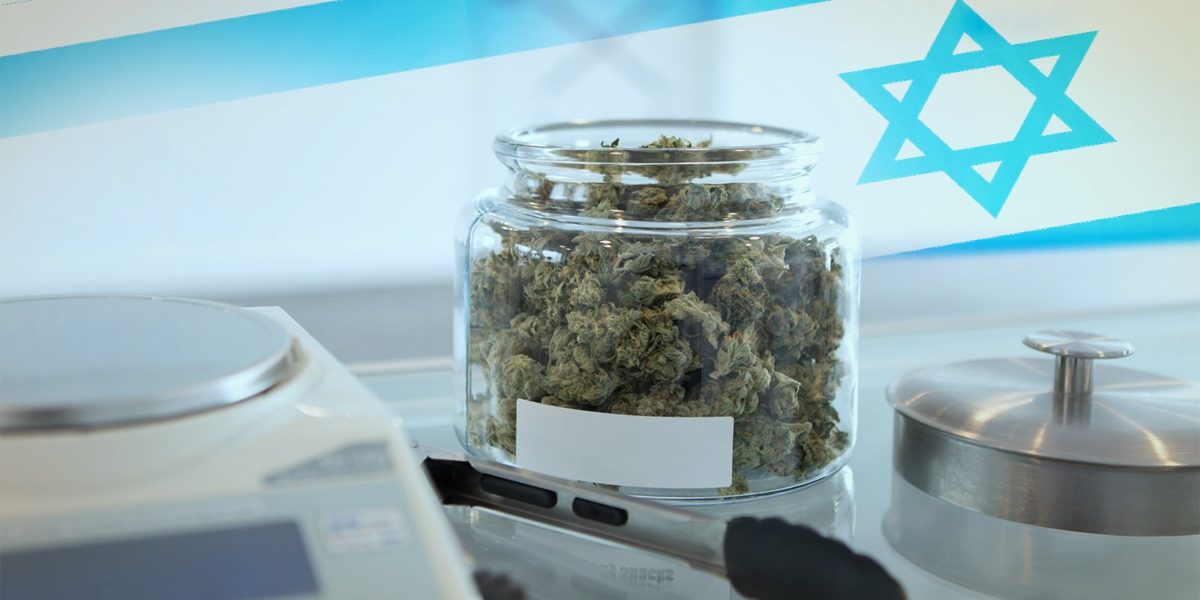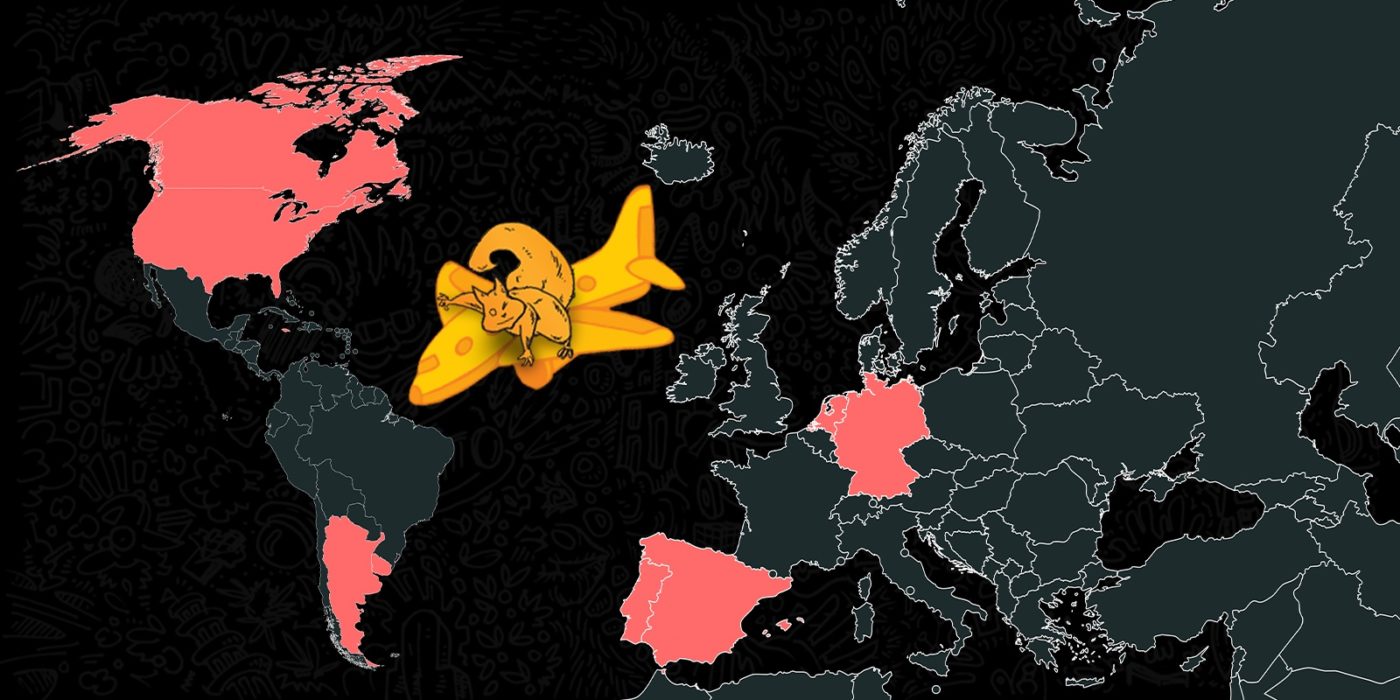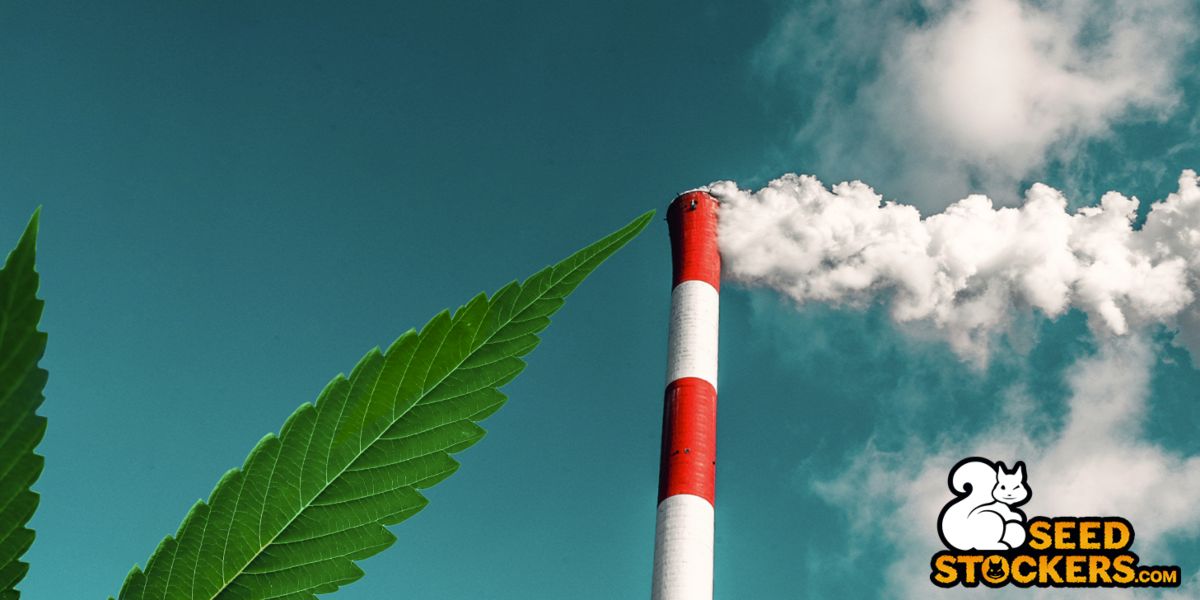WELCOME TO WEEDSTOCKERS
THE SEEDSTOCKERS BLOG

CBG vs CBD: qual è la differenza?
20 October, 2021
El Parlamento Israelí aprueba una ley preliminar sobre el autocultivo de cannabis medicinal
25 October, 2021Israel to create major reforms in the medical cannabis industry
The Knesset -the legislative branch of the Israeli government- has approved a preliminary vote on a bill concerning medical cannabis. This bill would allow the Health Ministry to grant licenses to grow, distribute and possess medical cannabis. This is meant to solve the shortage on medical cannabis currently affecting Israel.
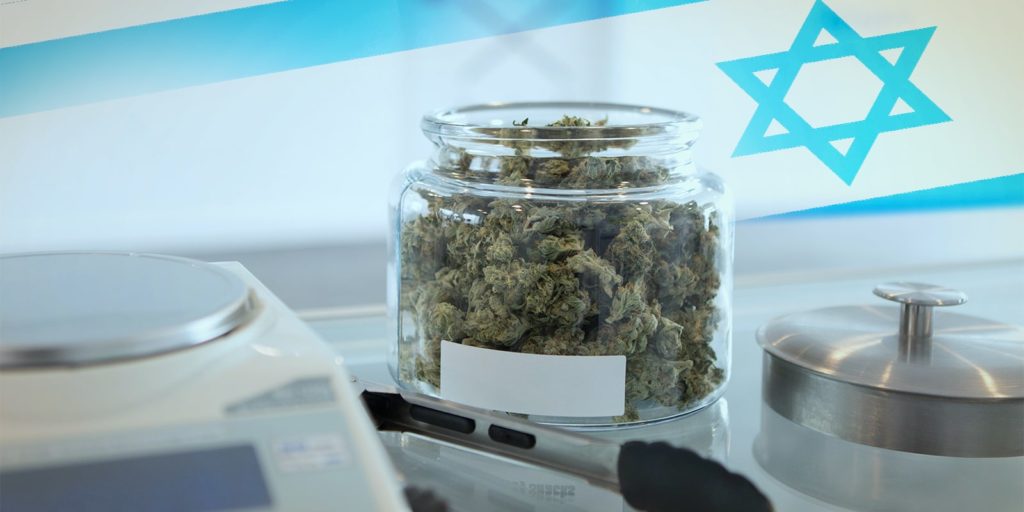
The bill will be prepared for a first reading by the Knesset Health Committee, and will still have to be approved by the Ministerial Committee for Legislation.
➡️ See also: Is London decriminalizing cannabis?
Chronic shortage in medical cannabis
Medical cannabis is accessible in Israel for those with a prescription by a health practitioner. Unfortunately, medical cannabis is currently suffering a shortage.
The strict restrictions on producers have limited the crop. And the short amount of licensed dispensaries has made it difficult for medical cannabis users to access their medical needs. These two factors added to the increasing demand on medical cannabis have provoked this shortage. This situation has been playing out for years, and that is why this vote for a change in the cannabis industry has been pushed.
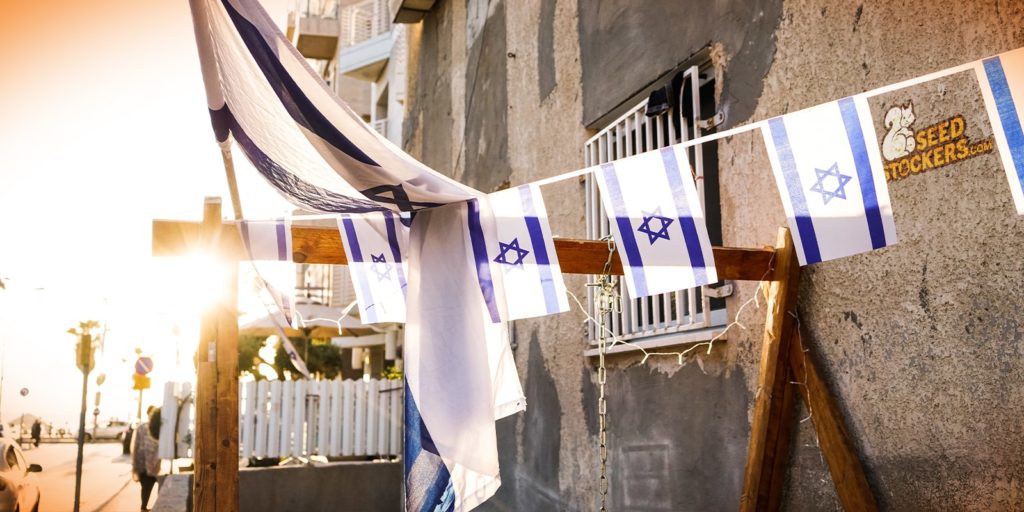
Israel medical cannabis program
The situation of medical cannabis in this country is pretty unique, and the first of its kind in the world.
Israel has been researching the properties of medical cannabis since the 1960s. Professor Raphael Mechoulam, also known as “the father of cannabis research”, isolated THC from cannabis at the Hebrew University of Jerusalem in 1964. Consequently, medical cannabis has been legal since the 1990s. It comes as no surprise that Israel has such a developed and normalized medical cannabis culture.
Medical cannabis is regulated in Israel but bureaucratic restrictions and a shortage of licensed dispensaries make it difficult for patients to access it. The new potential reforms promise a brighter future. If approved, development and research on medical cannabis could get a boost in the country. Moreover, waiting times could shorten in the country with the highest rate of cannabis patients of the world! Every party involved in the medical cannabis supply chain would help bring some more stability to this market that has been suffering constant changes throughout the last years causing harm to the industry.
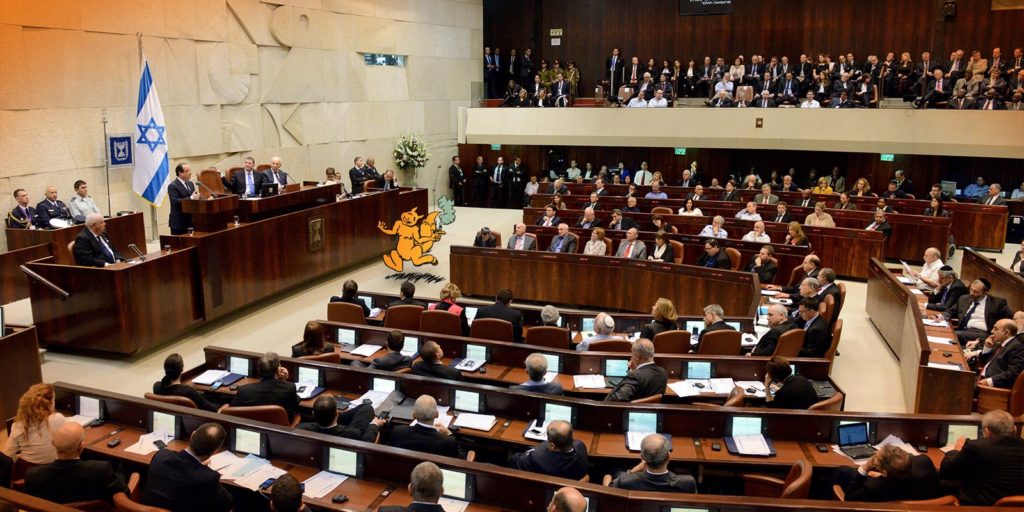
Knesset member Sharren Haskel (New Hope Party), who tried to push forward a bill on July 2021 that would have decriminalized recreational marijuana, said about this new program: “This is tremendous news for more than 100.000 patients, the most seriously ill of people, when most of them live on a disability pension that is entirely wasted on a medicine they need in order to live a routine life”.
Legal status of cannabis in Israel
Although medical cannabis has been legal since the 1990s in Israel, recreational cannabis does not enjoy the same status. It has been partially decriminalized since 2017 but it is still not legal. When not used as a medication against certain conditions, cannabis -THC in particular- is considered as a dangerous drug in accordance with the “Dangerous Drugs Ordinance from 1973.
There are fines and treatment for first offences related to recreational cannabis. There is a policy of education instead of punishment and this has reduced criminal procedures greatly.
Health Minister Nitzan Horowitz, after the vote for the new reform on medical cannabis declared: “It’s time to release this matter that has been tied for years to unnecessary bureaucratic restrictions, and a real reform needs to be made here that will free up the use of cannabis” We are hoping he is not only referring to medical cannabis but also to recreational cannabis, as the fines imposed for cannabis use rose by 58% in 2020.
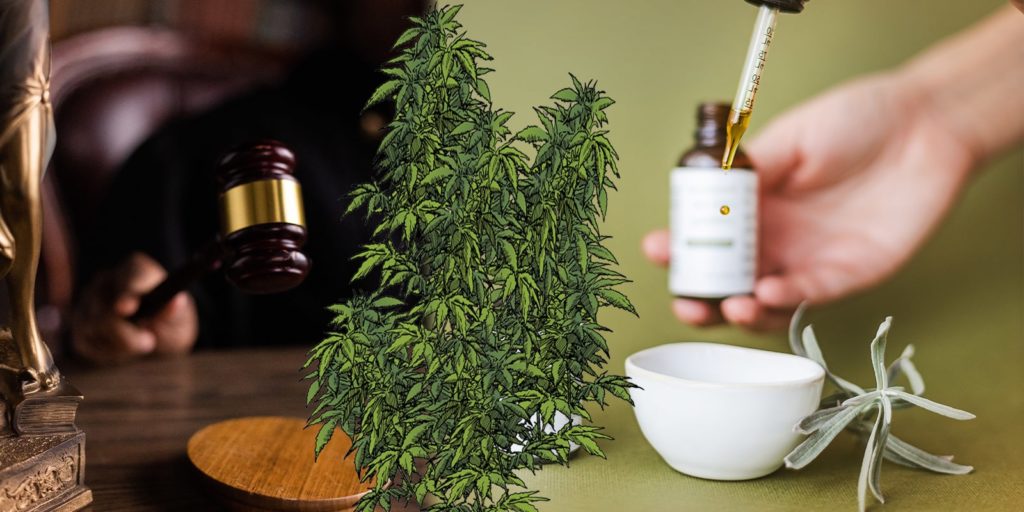
Recreational cannabis
In July of 2021, Israel missed the opportunity to completely decriminalize recreational cannabis. A vote was organized on the Knesset to lift the sentences for possession of up to 50 grams of recreational cannabis and 15 cannabis plants. There was also a will to reclassify CBD as a food additive. Unfortunately, there was no majority on this vote but a new vote can take place after six months of this one (January 2022).
The situation of recreational cannabis in Israel is as follows:
- Cannabis is considered a dangerous drug, if not intended for medical purposes
- Cannabis consumption in public represents fines of up to 500 NIS (134€, 156$)
- First and second offences have no prison sentences but are subject to rehabilitation programs
- Fines for first time offenders go up to 1,000 NIS (268€, 310$)
- Fines for second time offenders go up to 2,000 NIS (537€, 620$)
CBD and medical cannabis
In 2017, the United Nations World Health Organization (WHO) published a document defining CBD as safe to use. Probably inspired by this fact, Israel decided in 2020 to exclude CBD from its Dangerous Drugs Ordinance. This reduced the price of medical cannabis and made it easier for health practitioners to prescribe it. CBD products -and thus medical cannabis- became more accessible in Israel. The possession of CBD products is permitted as long as they do not contain THC.
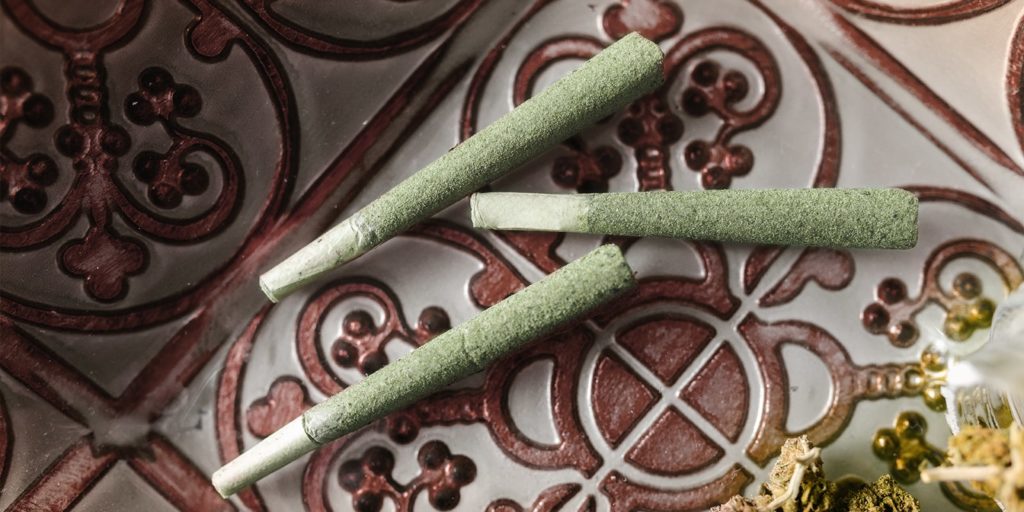
CBD from abroad -imported CBD- is often confiscated, as it should comply with the guidelines of the Ministry of Health. This is also a reason why major reforms within the medical cannabis industry are needed. Locally produced and controlled CBD products could contribute enormously in the medical cannabis industry.
Controversies
Both the vote for decriminalization of marijuana in July 2021 and this new vote for a new medical cannabis program in October 2021 showed the discrepancies amongst the Knesset members on how to deal with cannabis. Cannabis is an ongoing source of disagreements. Three examples:
- On this last vote for new regulations on the medical cannabis market, the Islamic coalition partners showed their support while they were completely against any cannabis talk in 2019.
- The ultra-Orthodox parties absented themselves during a vote for the decriminalization of consumption in 2020.
- The United Arab List or Ra’am party voted against de bill to decriminalize marijuana in July 2021
Israel seems to be ready to expand its medical cannabis industry, the question now is how long will it take until the Knesset decides to vote for total decriminalization.




